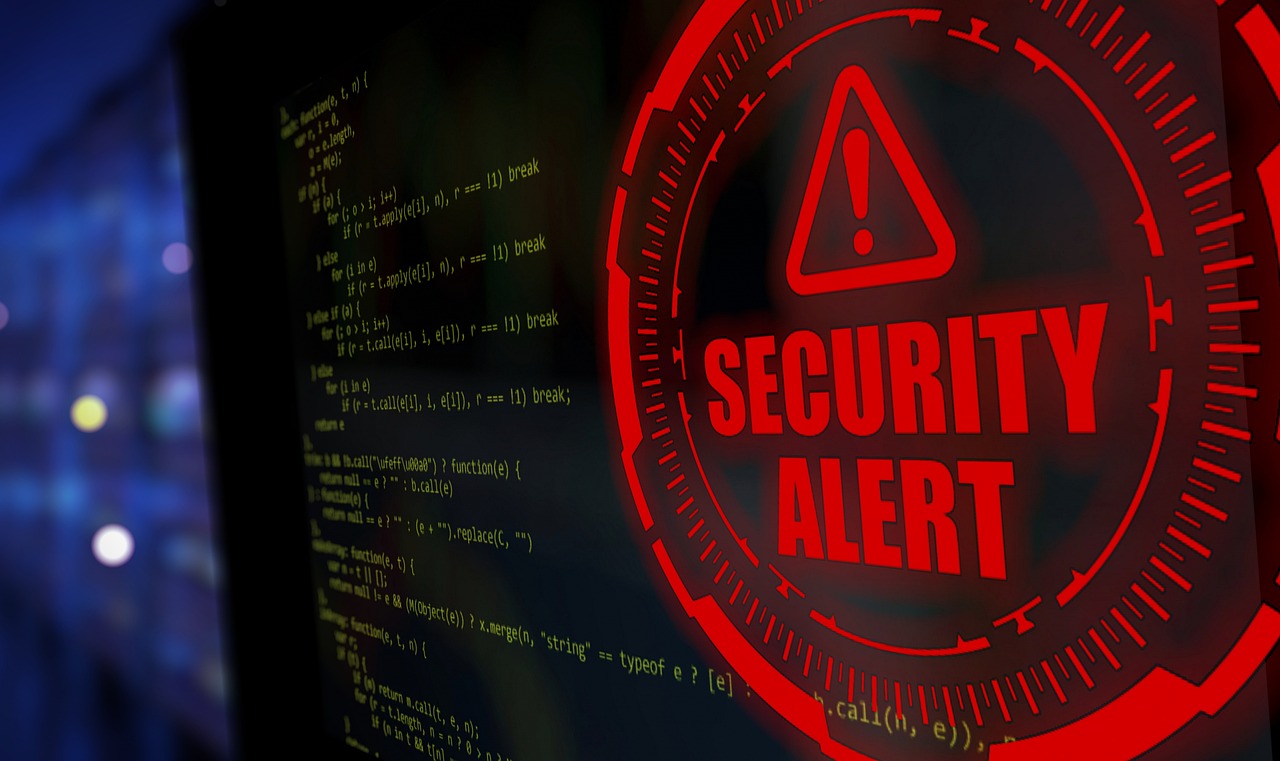1. EXECUTIVE SUMMARY
CVSS v4 9.3
ATTENTION: Exploitable remotely/low attack complexity/public exploits are available
Vendor: Viessmann Climate Solutions SE
Equipment: Vitogate 300
Vulnerabilities: Use of Hard-coded Credentials, Forced Browsing, Command Injection
2. RISK EVALUATION
Successful exploitation of these vulnerabilities could allow an attacker to achieve remote code execution.
3. TECHNICAL DETAILS
3.1 AFFECTED PRODUCTS
The following versions of Viessmann Climate Solutions SE Vitogate 300, a solution to connecting boilers and heat pumps to a building management system, are affected:
Viessmann Vitogate 300: Versions 2.1.3.0 and prior
3.2 Vulnerability Overview
3.2.1 Use of Hard-coded Credentials CWE-798
In Viessmann Vitogate 300 versions 2.1.3.0 and prior there is a vulnerability that affects the function isValidUser of the file /cgi-bin/vitogate.cgi of the component Web Management Interface. The manipulation leads to use of hard-coded password.
CVE-2023-5222 has been assigned to this vulnerability. A CVSS v3.1 base score of 9.8 has been calculated; the CVSS vector string is (AV:N/AC:L/PR:N/UI:N/S:U/C:H/I:H/A:H).
A CVSS v4 score has also been calculated for CVE-2023-5222. A base score of 9.3 has been calculated; the CVSS vector string is (CVSS4.0/AV:N/AC:L/AT:N/PR:N/UI:N/VC:H/VI:H/VA:H/SC:N/SI:N/SA:N).
3.2.2 Direct Request (‘Forced Browsing’) CWE-425
In Viessmann Vitogate 300 versions 2.1.3.0 and prior there is a vulnerability in some unknown functionality of the file /cgi-bin/. The manipulation leads to direct request.
CVE-2023-5702 has been assigned to this vulnerability. A CVSS v3.1 base score of 6.5 has been calculated; the CVSS vector string is (AV:A/AC:L/PR:N/UI:N/S:U/C:H/I:N/A:N).
A CVSS v4 score has also been calculated for CVE-2023-5702. A base score of 7.1 has been calculated; the CVSS vector string is (CVSS4.0/AV:A/AC:L/AT:N/PR:N/UI:N/VC:H/VI:N/VA:N/SC:N/SI:N/SA:N).
3.2.3 Improper Neutralization of Special Elements used in a Command (‘Command Injection’) CWE-77
In Viessman Vitogate 300 versions 2.1.3.0 and prior, /cgi-bin/vitogate.cgi allows an unauthenticated attacker to bypass authentication and execute arbitrary commands via shell metacharacters in the ipaddr params JSON data for the put method.
CVE-2023-45852 has been assigned to this vulnerability. A CVSS v3.1 base score of 9.8 has been calculated; the CVSS vector string is (AV:N/AC:L/PR:N/UI:N/S:U/C:H/I:H/A:H).
A CVSS v4 score has also been calculated for CVE-2023-45852. A base score of 9.3 has been calculated; the CVSS vector string is (CVSS4.0/AV:N/AC:L/AT:N/PR:N/UI:N/VC:H/VI:H/VA:H/SC:N/SI:N/SA:N).
3.3 BACKGROUND
CRITICAL INFRASTRUCTURE SECTORS: Commercial Facilities
COUNTRIES/AREAS DEPLOYED: Worldwide
COMPANY HEADQUARTERS LOCATION: United States
3.4 RESEARCHER
CISA discovered a public Proof of Concept (PoC) as authored by ByteHunter and reported it to Viessmann.
4. MITIGATIONS
Viessmann Climate Solutions SE recommends customers update to version 3.0.0.0 to fix these vulnerabilities. The software is available to download at their (website)
CISA recommends users take defensive measures to minimize the risk of exploitation of these vulnerabilities, such as:
Minimize network exposure for all control system devices and/or systems, ensuring they are not accessible from the internet.
Locate control system networks and remote devices behind firewalls and isolating them from business networks.
When remote access is required, use more secure methods, such as Virtual Private Networks (VPNs), recognizing VPNs may have vulnerabilities and should be updated to the most current version available. Also recognize VPN is only as secure as the connected devices.
CISA reminds organizations to perform proper impact analysis and risk assessment prior to deploying defensive measures.
CISA also provides a section for control systems security recommended practices on the ICS webpage on cisa.gov/ics. Several CISA products detailing cyber defense best practices are available for reading and download, including Improving Industrial Control Systems Cybersecurity with Defense-in-Depth Strategies.
CISA encourages organizations to implement recommended cybersecurity strategies for proactive defense of ICS assets.
Additional mitigation guidance and recommended practices are publicly available on the ICS webpage at cisa.gov/ics in the technical information paper, ICS-TIP-12-146-01B–Targeted Cyber Intrusion Detection and Mitigation Strategies.
Organizations observing suspected malicious activity should follow established internal procedures and report findings to CISA for tracking and correlation against other incidents.
No known public exploitation specifically targeting these vulnerabilities has been reported to CISA at this time.
5. UPDATE HISTORY
September 10, 2024: Initial Publication
Discover more from Cyber GRC Hive
Subscribe to get the latest posts sent to your email.

